HUD announced Thursday that the U.S. Department of Housing and Urban Development has given $3.7 million to two non-profits and a local housing authority to help low-income seniors stay in their homes by making changes.
Adrianne Todman, Acting Secretary of HUD, said, “Today, we are stepping up our efforts to improve the quality of life for older adults who don’t have a lot of money.” “These grants provide a critical resource to communities to make low-cost, high-impact home repairs tailored to the needs of the residents.”
With these changes, older people will be less likely to fall and will be able to get around and do things in their homes better. According to HUD, making homes safer for seniors can have a lot of good effects.
Matthew Ammon, who runs HUD’s Office of Lead Hazard Control and Healthy Homes, said, “There is a strong link between housing and health.” “Our homes must stay safe, healthy, and easy to live in, and this program does that, empowering older adults to age in place with dignity.”
Seniors’ falls are a big problem, and more Americans are dying from injuries they get in falls, officials say.
It was given to three different groups: a community action center in Massachusetts; an independent living center in Florida; and a community housing authority in Maine. The grant money will be used to fix up 525 units across three states.
“These investments will enable older adults to remain in their homes — to “age in place” — rather than move to nursing homes or other assisted care facilities,” HUD said.
“The grantees, who are experienced in providing services to seniors, will deliver home modification services to more than 525 senior families in both urban communities and communities with substantial rural populations.”
That’s the second round of money that HUD’s Older Adults Home Modification Program has set aside to help low-income elderly homes.
In April, the first round, which gave $70 million to 27 states and Puerto Rico, was announced. It “helps vulnerable residents by fixing housing-related health and safety hazards, establishing sustainable local programs, and supporting key research to identify and mitigate these hazards,” HUD said in a release.

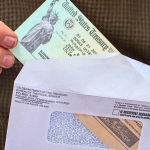
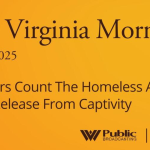

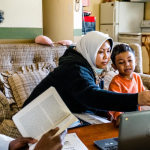


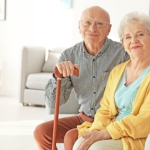
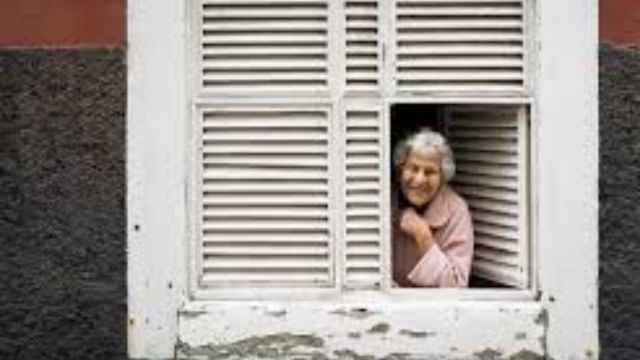

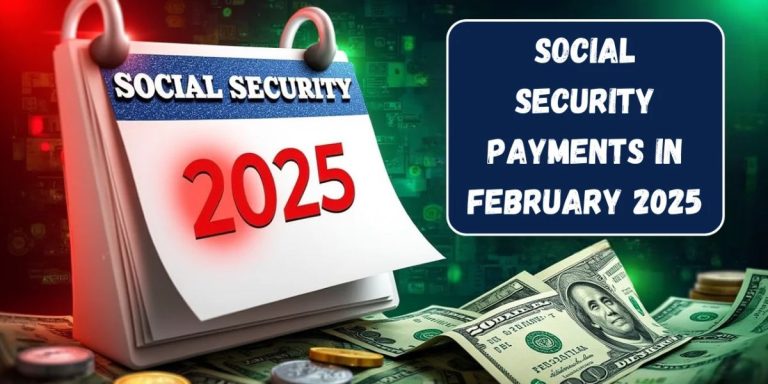


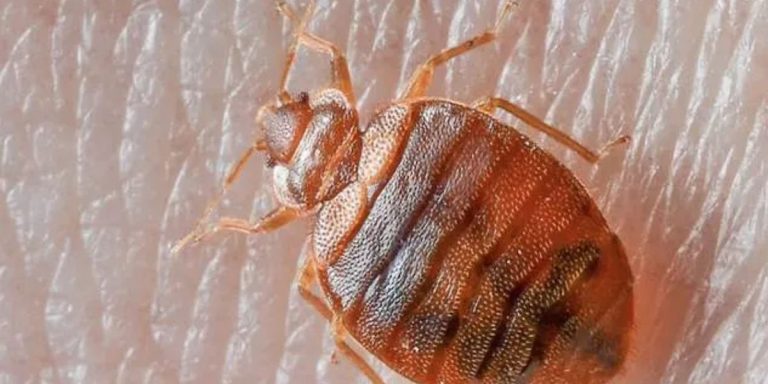



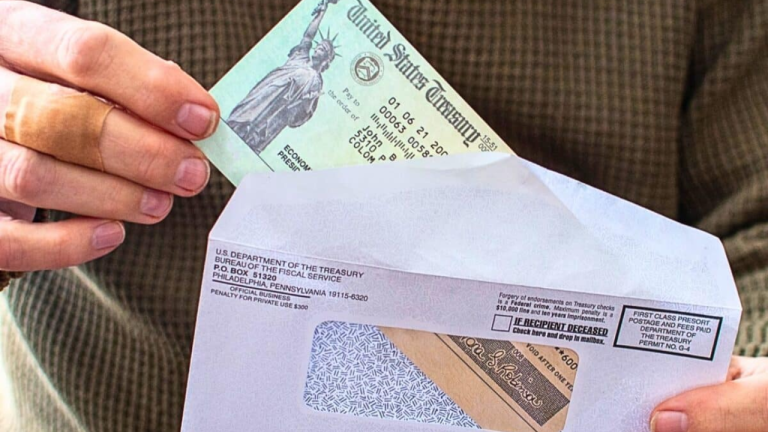
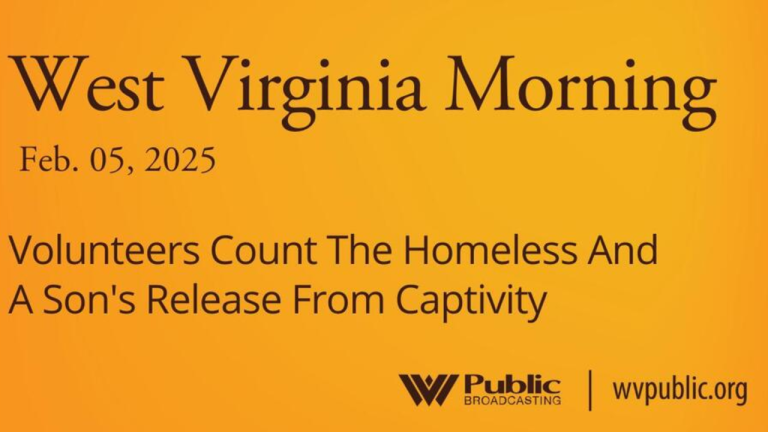

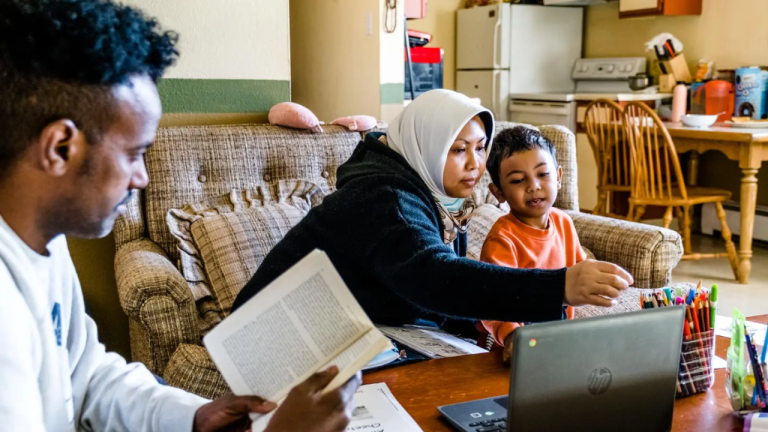







+ There are no comments
Add yours